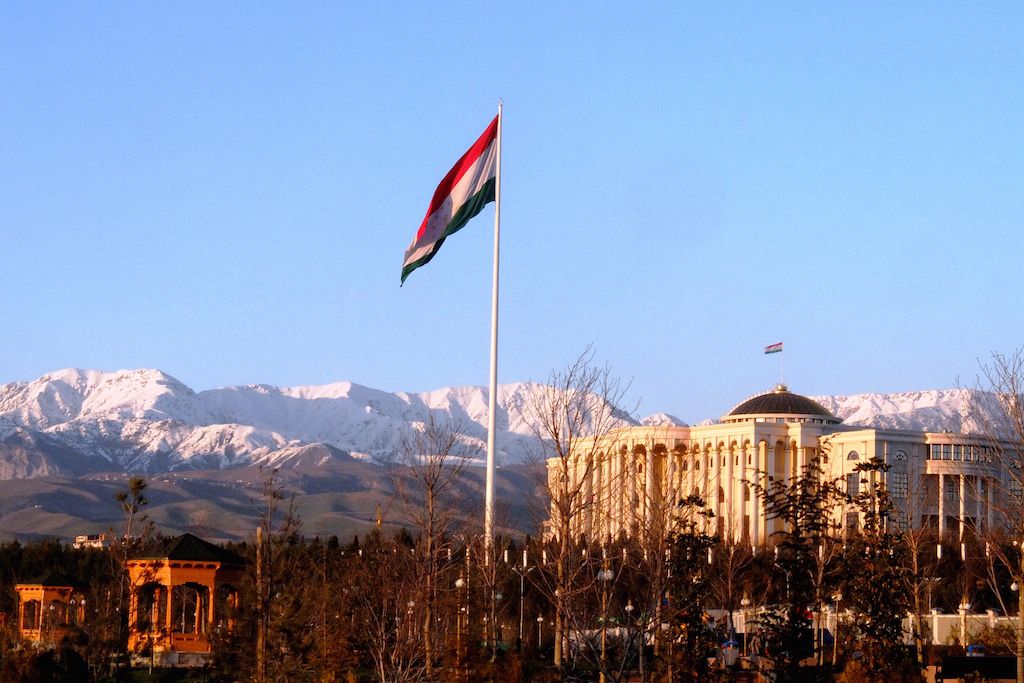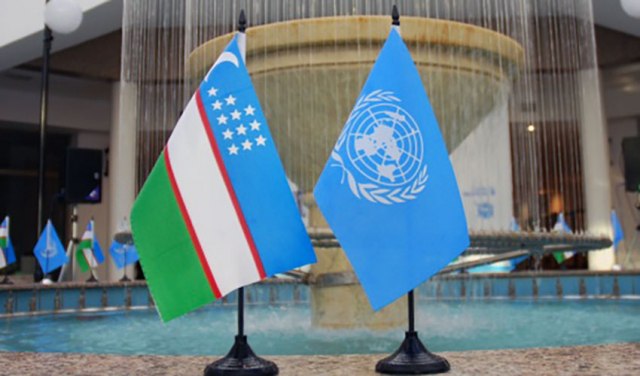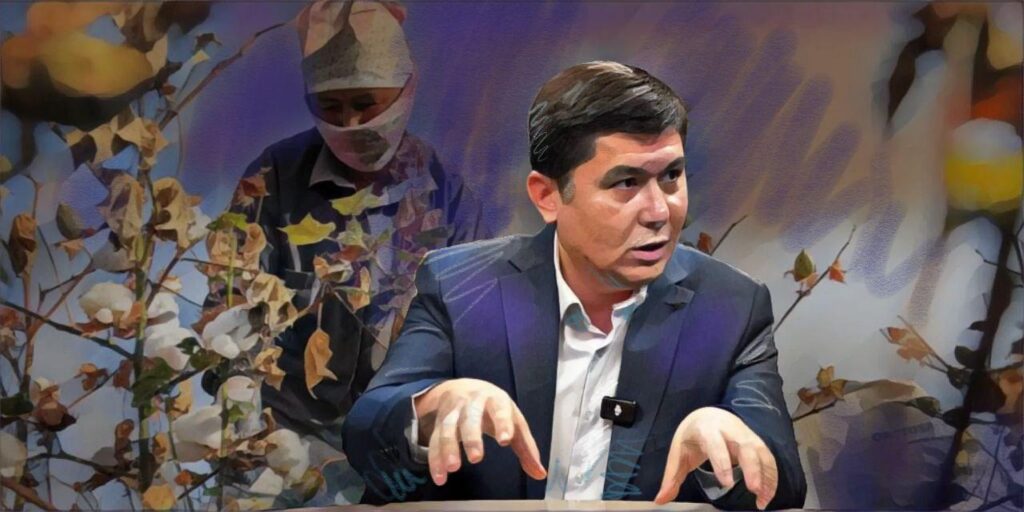DUSHANBE (TCA) — An independent United Nations human rights expert on March 10 voiced concern over the increasing Government restrictions on opposition parties, civil society and the media over the past year in Tajikistan.
“The people of Tajikistan enjoy fundamental protections under their Constitution and human rights law, but those protections are eroding as the Government punishes dissent, limits access to alternative voices in the media and online, and shrinks the space for civil society,” David Kaye, Special Rapporteur on the right to freedom of opinion and expression, said at the end of a week-long official visit to Tajikistan, the UN News Centre reported.
The expert voiced particular concern over the recent ban of the Islamic Renaissance Party of Tajikistan (IRPT) and the prosecution of at least 13 of its leaders in secret trials.
“The Government accuses the IRPT and its members of serious crimes, but it has refused to give public access to the trial and evidence,” Mr. Kaye said, urging the Government to release all persons detained on political grounds and ensure due process and a fair trial.
He also drew attention to the attacks on members of Group 24 and other independent politicians. Criminal cases have also been brought against lawyers defending opposition leaders, and other critical voices also reported harassment.
During his visit, the expert received numerous reports from journalists of pressure to refrain from covering issues of public interest, especially those related to the political environment.
Non-governmental organizations (NGOs) have also reported a deterioration of the space for their work. “New amendments to the Law on Public Association pertaining to foreign funds place a burden on many NGOs,” Mr. Kaye said.
On the blocking of websites and networks, including mobile services, the Special Rapporteur underscored that these measures are disproportionate and incompatible with international standards, urging Parliament to consider adopting legislation that would impose restrictions on the Government’s ability to block the Internet and mobile communications.









